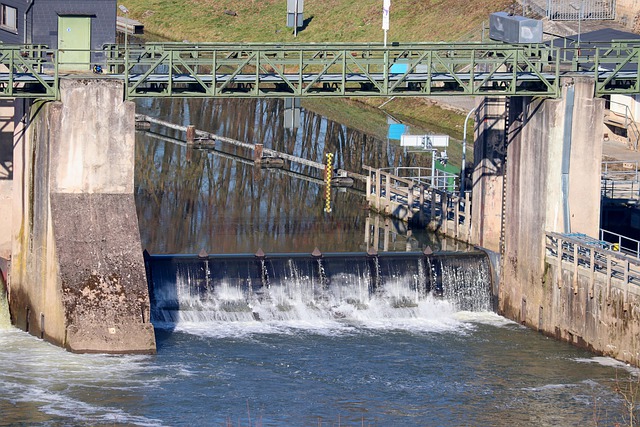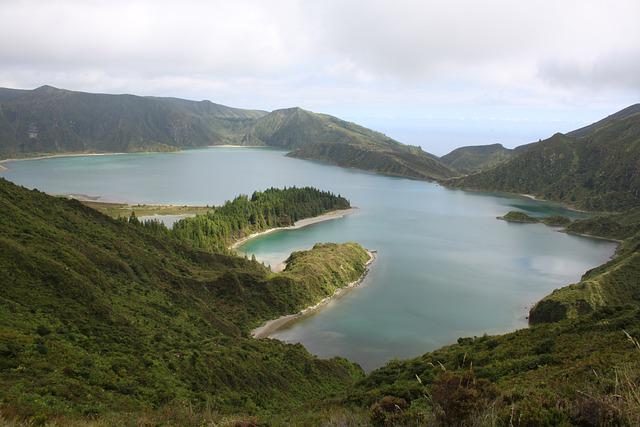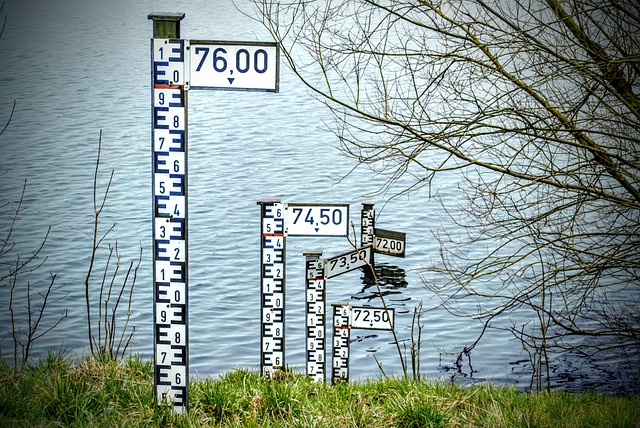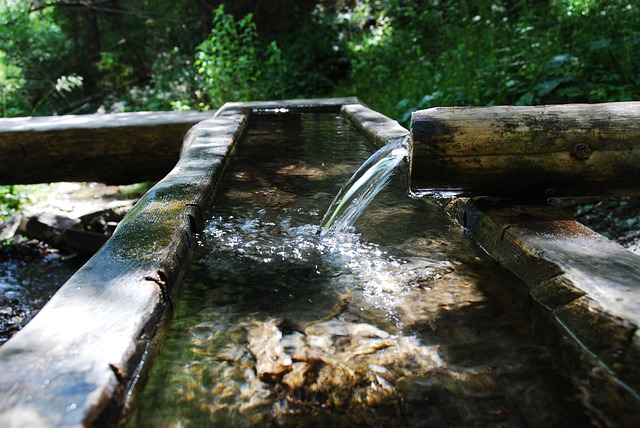
Water governance is the social function that regulates the development and management of water resources and provisions of water services at different levels of society and guiding the resource towards a desirable state and away from an undesirable state.

Island states/communities depend, as other mainland countries, upon the quality and quantity of their water for their existence and economic activities. However, water management on islands is unique as it is constrained by their size, isolation from the mainland, fragility, and limited human, natural and financial resources. Although different in many features (size, isolation, geology and topography, climate and hydrology, economic development, etc.) - all influence water resources and management, islands share common water-related problems and challenges. Management of water on islands is extremely crucial because of its finite features.

Nowadays, the climate change the whole world has been experiencing has inevitably earned a place of honor amongst the political agendas of the world’s governments. Issues such as global warming, loss of biodiversity, and lack of non-renewable resources, which we had massively and indiscriminately drawn on, have highlighted the need to ensure sustainable development.
Now, the question naturally arises: would all of this have been avoidable if global governments had paid more attention to protecting the environment and its habitats? Surely, it can be stated that preventive communal action could have at least slowed down the transformation process and partially avoided the dramatic disasters we are experiencing.

Information on the quantity and quality of natural resources is essential for sustainable development. In particular, information on freshwater resources, their availability, and use is becoming increasingly important with the emergence of regional water shortages and the need to improve water use efficiency.

This module focuses on solar photovoltaics and wind systems applicable to marinas and yachts which the focus of attention of this program.

Hydrology means the science of water. It is the science that deals with the occurrence circulation and distribution of water on the earth and the earth’s atmosphere. As a branch of earth science, it is concerned with the water in streams of lakes, rainfall and snowfall, snow and ice on the land and water occurring below the earth’s surface in the pores of the soil and rocks. In a general sense, hydrology is a very broad subject of an inter-disciplinary nature drawing support from allied sciences, such as meteorology, geology, statistics, chemistry, physics and fluid mechanics (Subramanya, K, 2008).
